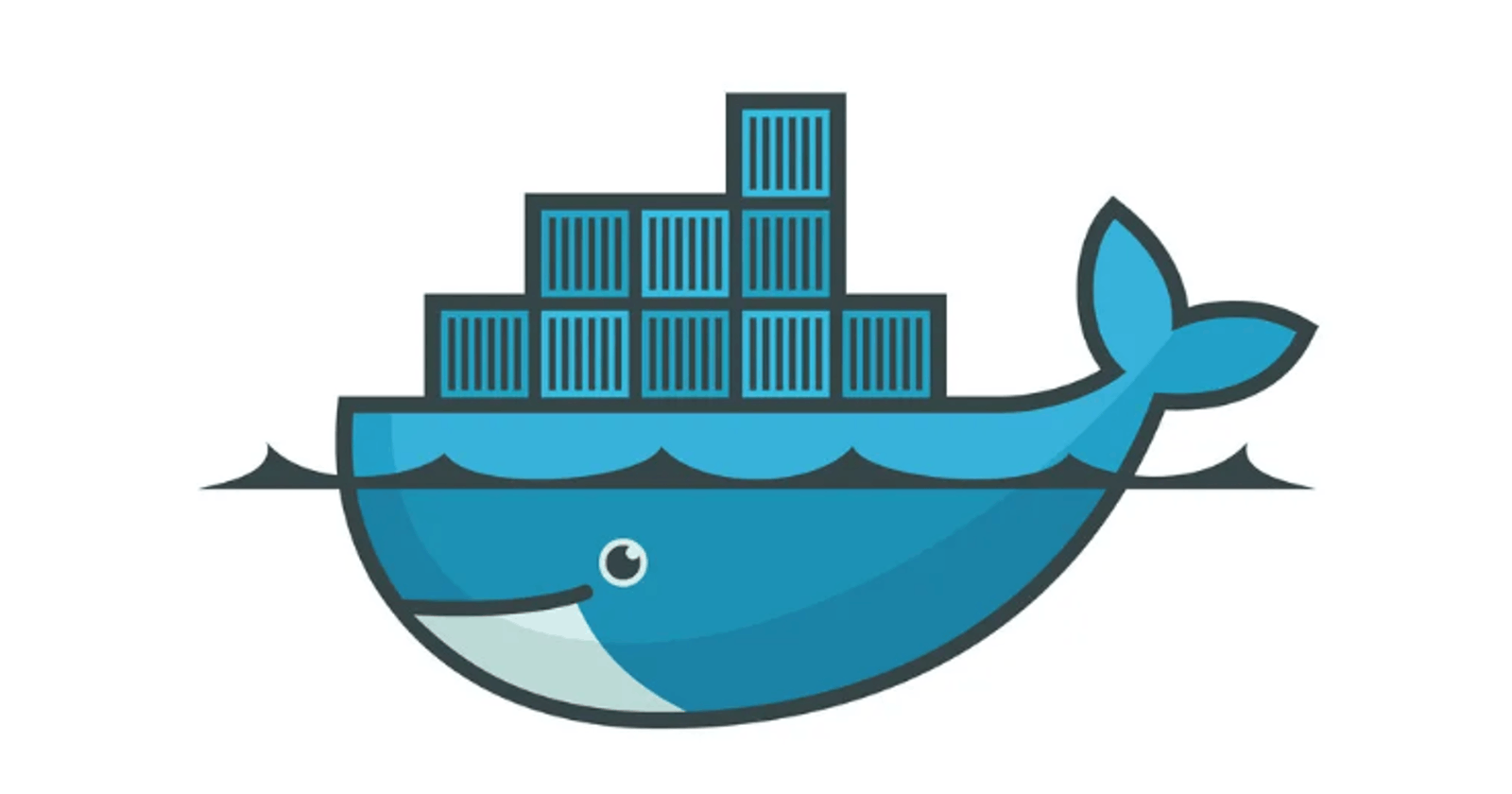Docker, a revolutionary platform, simplifies the process of building, testing, and deploying applications. As a DevOps engineer, mastering Docker commands is crucial for efficient container management. In this hands-on guide, we'll delve into essential Docker commands to boost your containerization skills.
Task 1: Running Docker Commands
docker run hello-world
The docker run hello-world command is the initiation ritual for Docker explorers. It pulls the "hello-world" image and runs a simple test container. This ensures your Docker installation is operational and sets the stage for more intricate tasks.
Task 2: Viewing Container and Image Information
docker inspect
docker inspect provides detailed insights into a container or image. Executing this command offers a comprehensive JSON representation, revealing configurations, network settings, and more.
docker port
To unveil the port mappings of a container, the docker port command comes into play. It's handy when you need to identify the ports through which your container communicates.
docker stats
Monitoring container resource usage is vital. docker stats provides real-time statistics, including CPU and memory usage. It's an invaluable tool for optimizing container performance.
docker top
Understanding the processes within a container is crucial. docker top exposes the running processes, aiding in troubleshooting and optimization.
Task 3: Managing Images
docker save
Docker images can be saved to a tar archive using docker save. This is useful when you want to share or backup a specific image.
docker load
On the flip side, docker load loads an image from a tar archive back into Docker. This is handy when you need to restore or import a saved image.
Congratulations! You've navigated through fundamental Docker commands, laying the groundwork for more intricate container orchestration. Feel free to experiment, break things, and most importantly, learn. Docker is a powerful ally in the DevOps toolkit, and mastering these commands is a significant step forward.
Stay curious, stay adventurous, and happy containerizing!
